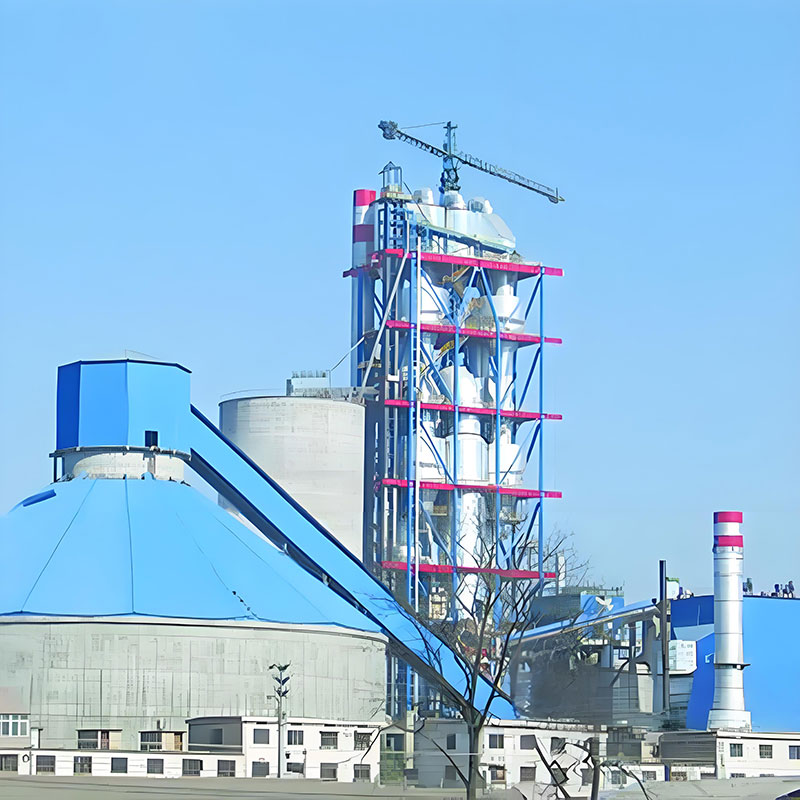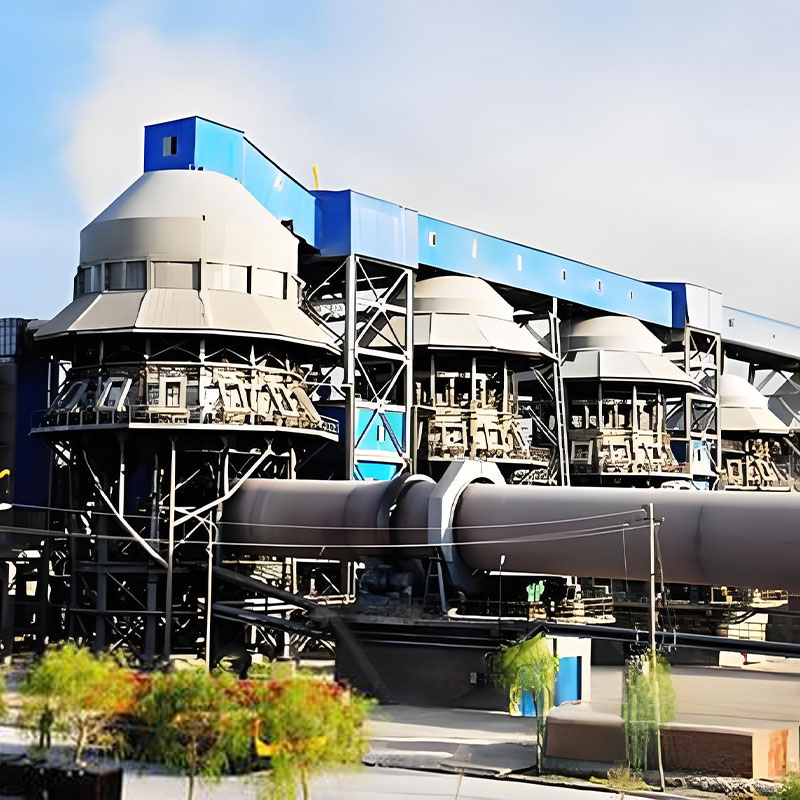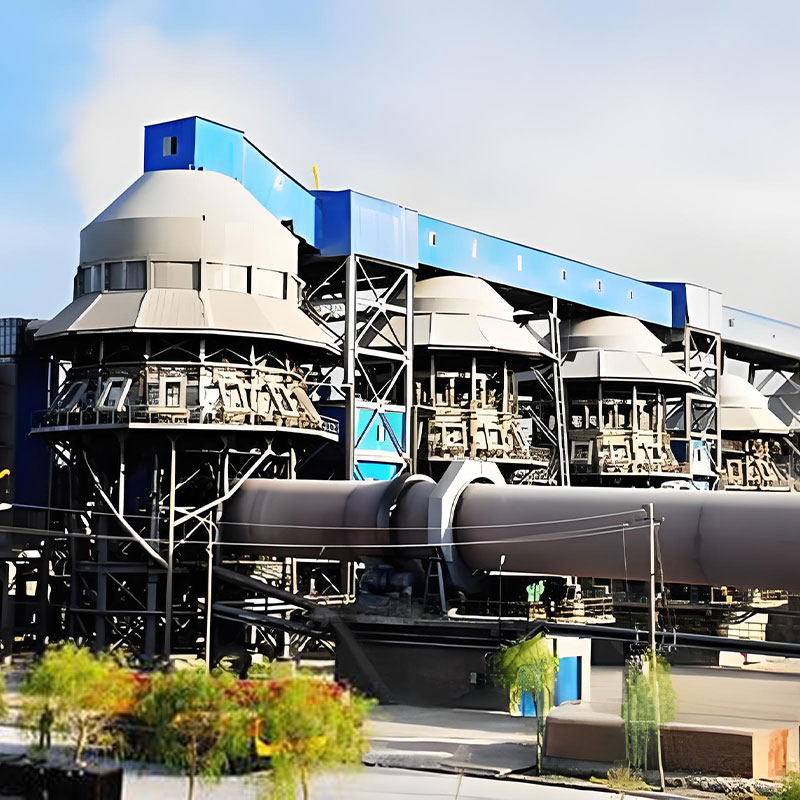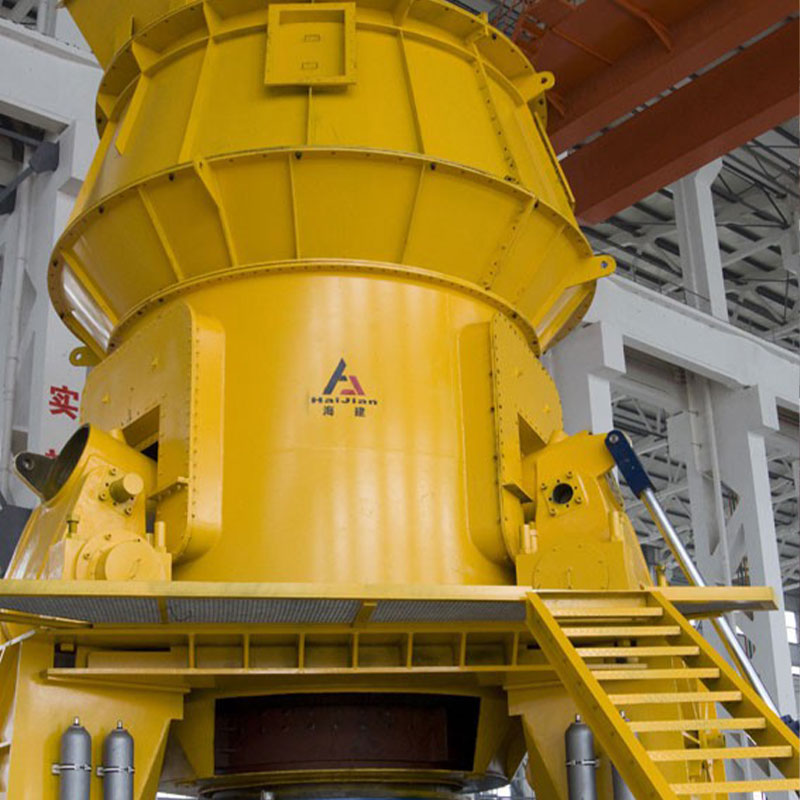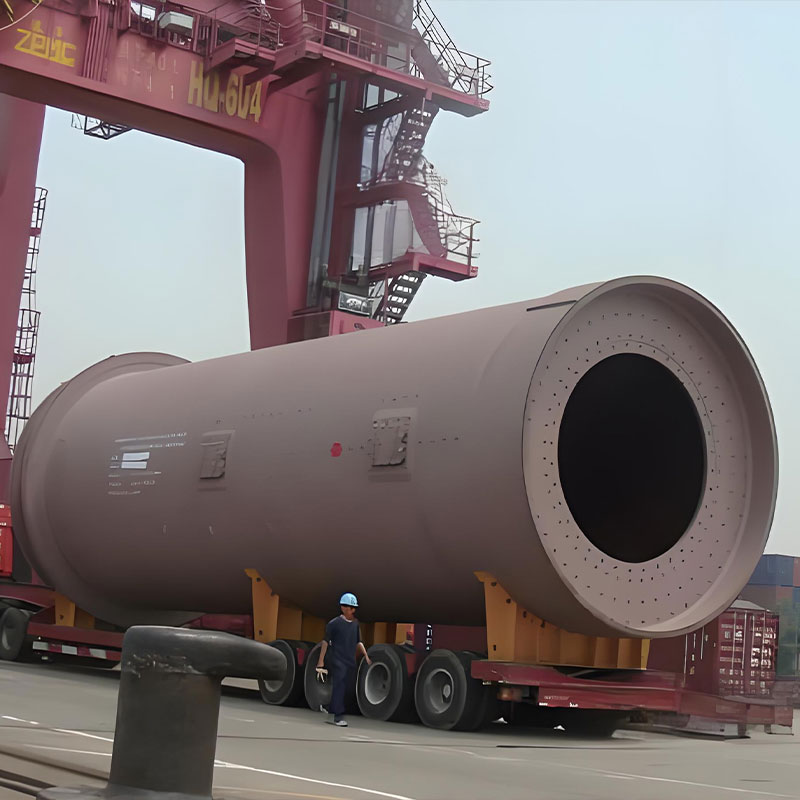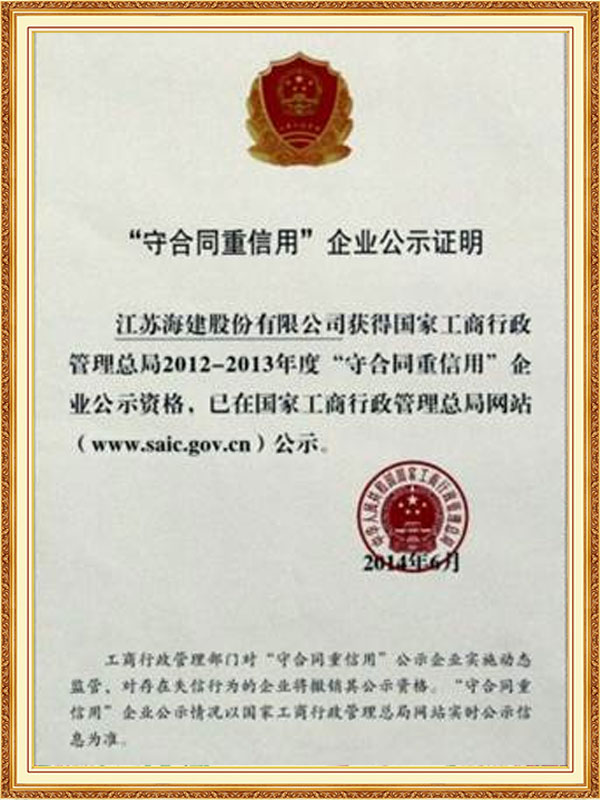Jiangsu Haijian Co., Ltd is a professional China Active lime production line Manufacturers and Active lime production line Company. We provide professional cement production equipment, industrial solid waste incineration equipment, and professional equipment for mining and metallurgical applications.We are a major manufacturing enterprise, a key backbone enterprise, and a primary export base for cement, power, environmental protection, and metallurgical and mining equipment in China. The company has the legal rights to independently manage the import and export of its products and is legally authorized to undertake general contracting for foreign projects.
-

Professionalism
-

Quality
-

One stop solution



News Center
News Updates
-
Admin 2026-01-30
Cement Production Line: Is It the Most Efficient Way to Build Modern Infrastructure?
A cement production line is the backbone of large-scale construction projects and urban development. By integrating automated processing, energy-efficient systems, and quality control technologies, modern cement production lines deliver consistent output and stable material performance for global in...Read More -
Admin 2026-01-22
What is a Cement Production Line and How Does It Work?
Cement production is the backbone of the construction industry, providing the essential material used in building everything from houses to highways. But how exactly is cement made, and what role does a cement production line play in this process? In this article, we’ll explore what a cement product...Read More -
Admin 2026-01-16
Is cement production line equipment maintenance difficult?
Many cement plant managers ask: Is cement production line equipment maintenance very complicated? Will it delay production? Actually, as long as a standardized maintenance process is established, daily maintenance is not difficult and can effectively reduce downtime and extend equipment lifespan. Re...Read More
Industry knowledge
Active lime production lines are industrial systems specifically designed to produce highly reactive lime, widely used in the steel, chemical, environmental protection, and building materials industries. Jiangsu Haijian Co., Ltd. is a professional manufacturer and company specializing in active lime production lines. We provide specialized equipment for cement production, industrial solid waste incineration, and mining and metallurgical applications. Active lime, due to its high reactivity and excellent physical and chemical properties, plays a vital role in processes such as steelmaking, flue gas desulfurization, and wastewater treatment. It not only effectively removes impurities and improves metallurgical efficiency, but is also used in environmental protection to neutralize acidic substances and reduce pollutant emissions.
The operating principle of an active lime production line is primarily based on the limestone calcination process. After crushing and screening, the limestone raw material is fed into a preheater for initial heating and then into a rotary kiln or shaft kiln for high-temperature calcination. At temperatures ranging from 900°C to 1200°C, the calcium carbonate (CaCO₃) in the limestone decomposes into calcium oxide (CaO) and carbon dioxide (CO₂), producing active lime. After calcining, the lime is cooled and screened, ultimately becoming a highly active product that meets industrial standards. The entire production process requires precise control of temperature, air volume, and calcination time to ensure the activity and quality of the lime. Modern production lines typically utilize automated control systems to achieve efficient, energy-saving, and environmentally friendly production.
The stable operation of an active lime production line depends on effective equipment management and regular maintenance. Because the production line operates in a high-temperature, dusty environment for extended periods, key equipment such as the rotary kiln, preheater, and cooler are susceptible to wear and corrosion. Regular inspection of the kiln lining and refractory materials is essential, and damaged components must be replaced promptly. Auxiliary equipment such as the drive system, fans, and dust removal equipment also require regular lubrication and maintenance to minimize failures. Furthermore, exhaust gas and dust generated during the production process must be treated using efficient environmentally friendly equipment to ensure compliance with emission standards. Operator expertise and standardized operation are also crucial. A sound maintenance strategy not only extends equipment life but also improves production efficiency and product quality.


 English
English  русский
русский  Español
Español 